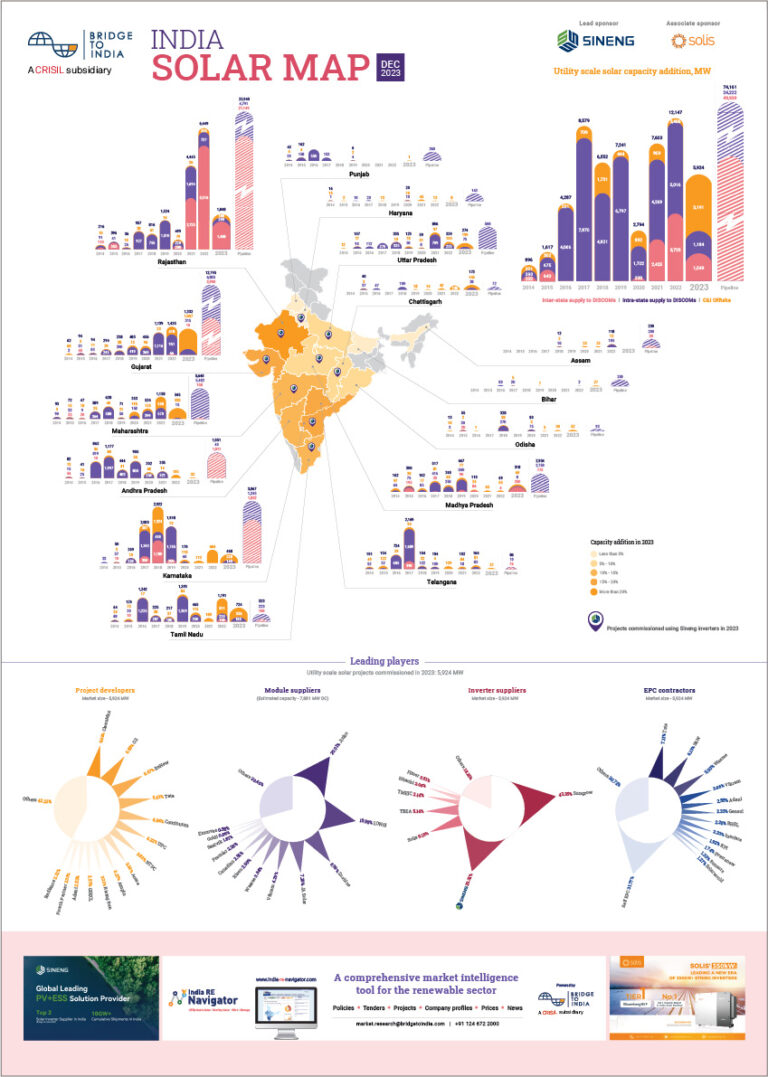The role of corporate entities, responsible for around half of India’s total energy consumption, is vital in meeting decarbonisation targets. Corporate entities are increasingly facing pressure from policy makers, consumers and investors to take climate action and define a roadmap for complete decarbonisation.
Figure: Different sources of industrial emissions, 2016

Source: MOEFCC
Achieving net zero requires a multi-pronged approach encompassing a range of abatement options including reduction of resource intensity, replacement of emitting sources and offsetting emissions from hard-to-abate sources. This report prepared by BRIDGE TO INDIA in partnership with WWF-India, provides an assessment of all viable decarbonisation options in the Indian context with critical opportunities as well as barriers across policy, technology, financing and operational domains.
Figure: Key decarbonisation levers and complementary strategies

Source: BRIDGE TO INDIA research
Corporates need to account for multiple considerations and carefully evaluate their specific needs while designing decarbonisation plan: nature of business, type and source of emissions, national and state level policy framework, technology maturity and viability, supplier and consumer perspective, investor expectations, business scale, financing ability etc.
Figure: Indicative steps in drawing up a corporate decarbonisation roadmap

Source: BRIDGE TO INDIA research
The report suggests a time-graduated framework to achieve net zero status in view of the current techno-economic feasibility of different options and evolving technology and policy changes. The report also suggests policy measures and approaches by decision makers that could lead to meaningful systemic change in the sustainability ecosystem.












